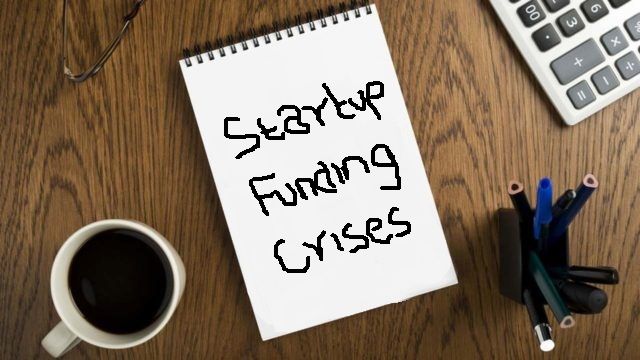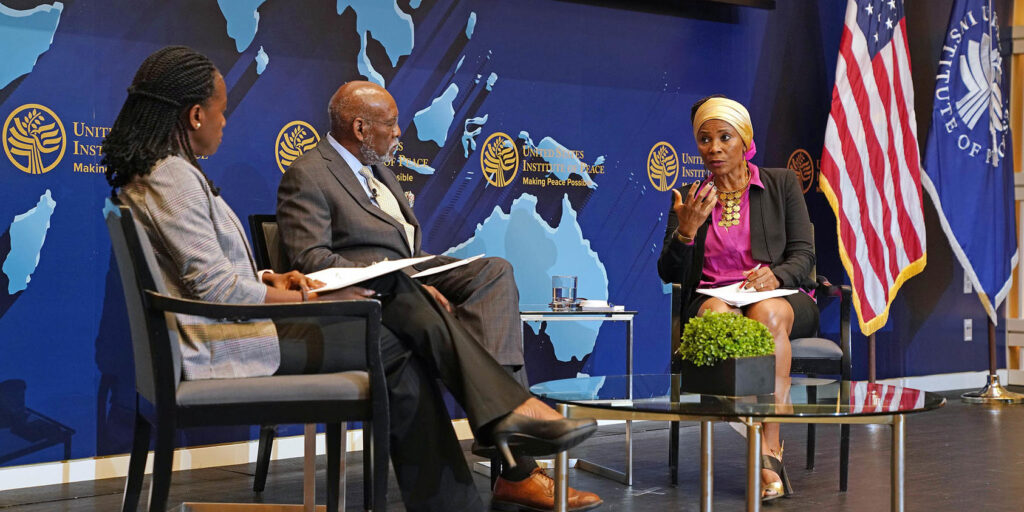War in Europe, Drop in Tech Funding in Africa

The amount of funding committed to a particular sector directly affect the development, quality, and services generated from the sector.
Funding maximizes the benefits available for a sector or unit and transmits a signal that the founders are willing to grow. Whether these funds come as Seed Money –required to get the business running; Cash Flow – the day-to-day expenses and revenues or Expansion – series A, B, C, D to grow new locations, products, a properly utilized funding will yield optimal outcome.
In January this year, more than 85 startups across Africa raised over $475m in funding. The cumulative rounds in January 2022 was way more than January 2020 and January 2021 combined. In February, African startups raised over $630m to bring total funding in 2022 to $1.1B. By March, the funding bar was raised a little higher as the region raised over $639m. By April, African startups had raised over $1.8B in the first 4 months.
The international focus on Africa has been ever increasing. Notably, the ability of the region to attract investors is also laudable.
Startups in Africa raise Over $600M in April to bring total funding in 2022 to over $1,808,963,000
Coming into the last two months, the region was expected to keep up the pace, but this hasn’t been the case. Europe sneezed but Africa caught the flu. Global financial conditions have tightened sharply, increasing external financing costs. There is war in Europe, this has reflected heavily in Africa’s tech funding pace over the last 2 months.
The War in Europe
It’s been more than 4 months since Russia invaded Ukraine. On February 24, Russian forces invaded Ukraine from the east, from the south, including Crimea, and from the north, including Belarus. Russian military aimed to quickly capture the capital of Kyiv. Their forces reached the outskirts of Kyiv but retreated at the end of March.
In May, Russian forces storming Kharkiv, the second-largest city in Ukraine and one that is only 25 miles from the Russian border, were forced to retreat after only reaching the city’s periphery. The Russian military finally secured control over Mariupol in mid-May, when the last Ukrainian forces surrendered.
Although the Western Intelligence Forecasts and Military Analysts had predicted that the Russian military would run out of combat options and be obliged to halt its attack in eastern Ukraine’s Donbas region, this haven’t been the case.
Drop in Tech Funding in Africa
The recent funding trend in Africa accounts for the downside effects of the ongoing war in Ukraine through increased global commodity prices. Between January to April, the region averaged over $450M monthly in funding.
However, the funding scene has not been the same in the past 2 months. The region has experienced a defunding in tech and startup development. In May and June together, Africa raised less than $600M. They had managed this feat in the previous 3 months. Factually, Africa averaged $274M in the last 2 months. What can say; war in Europe, drop in tech funding in Africa.
Of the $549M raised by African startups in May and June, just 5 startups were responsible for about 50%. They include: Interswitch’s $110m, Paymob’s $50m, Instabug’s $46, jambo’s $30m and Mara’s $23m. This doesn’t seem good for Africa’s startup ecosystem.
According to U.N. Assistant Secretary-General, Ahunna Eziakonwa, development projects are being postponed or canceled as some development partners are put off by the higher costs of projects while others are considering diverting funds to the humanitarian crisis caused by the war in Europe.
Kenya’s Kune Food Shut Down Operations Barely After 10 months, Blames Hash Economic Weather
Last month, Kenyan Agritech startup, Kune, shutdown operations. The founder noted that issues like rising food cost was responsible for this. ICYMI, Russia and Ukraine, both often referred to as the world’s breadbasket. The countries are major players in the export of wheat and sunflower to Africa.
Due to the shutdown of crucial port operations in the Black Sea, the sanctions placed on Russia by Western nations have worsened the commercial flows between Russia and Africa. One of the largest fertilizer exporters globally is Russia.
The Ouut’s Take
Offsetting the continued recovery from the pandemic is the impact of the war in Ukraine, which has clouded the outlook for the global economic recovery. Africa and Africans can choose to adapt to the deflating funding system at the moment or fix it.
African governments must enhance domestic resource mobilization to address the growing funding concern.

According to Eziakonwa, Africa must make use of digital technologies, support global free and fair trade, step up its support for regional integration and economic diversification, and mobilize resources to close infrastructure, skill, and technological gaps.
The crisis between Russia and Ukraine has highlighted the essential need for investment and policy decisions to maintain and develop inclusively. This way, it is sustainable, resilient, and exclusive for the region.
